Strengthening the Partnership in Lille.
A few months after the Kick-off meeting, partners reunited in Lille for our second project meeting. It was great to see each other again, work side by side, and connect over dinner conversations that strengthened the Bonsai community.
Second partner Meeting in Lille -— July 1–3, 2025
We were invited by two of our French partners. University of Lille and ISL engineering were our hosts in the beautiful city of Lille.
For this meeting our Interreg Project Officer joined us providing guidance and support as we prepared for the first reporting period.
Highlights of the Lille meeting included:
- A field trip to the Belgian coast, where we observed two coastal experiments from KU Leuven.
- Productive working sessions to align on progress and next steps.
- An engaging evening programme, adding a social and cultural touch.
The
logistics of this meeting were perfectly organised by University of Lille. Thank
you very much for your time and effort— a great example of smooth collaboration
and teamwork.
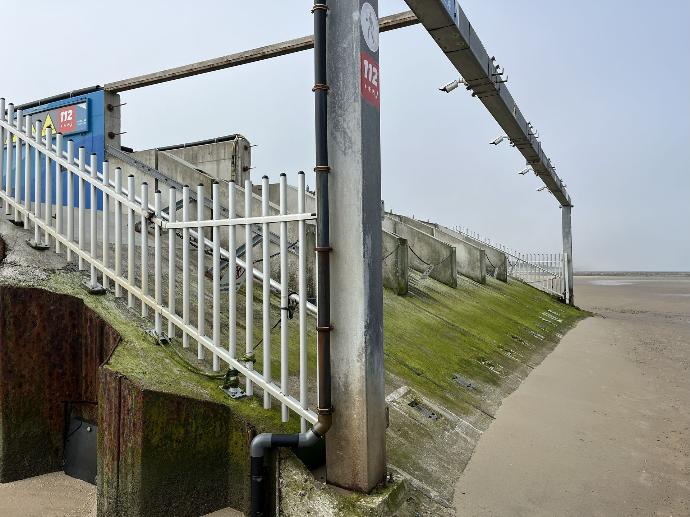
Visit experiments
During our field trip we visited two interesting experiments at the coast of Flanders near Ostend. Here we could see a other projects working on protecting our region from climate change.
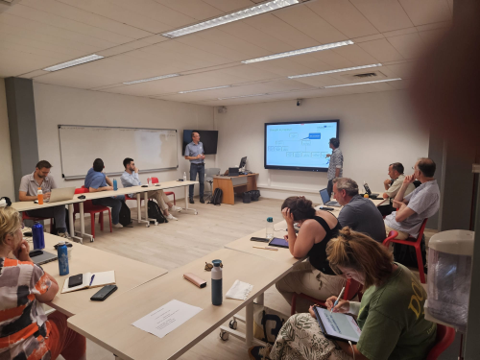
Working sessions
Every work package had the opportunity to address their key topics—and there was plenty to discuss! As we prepared for the first deliverables, we aligned on a wide range of subjects: erosion, animal activities, biodiversity, nature-based solutions, disaster management, courses, and much more.
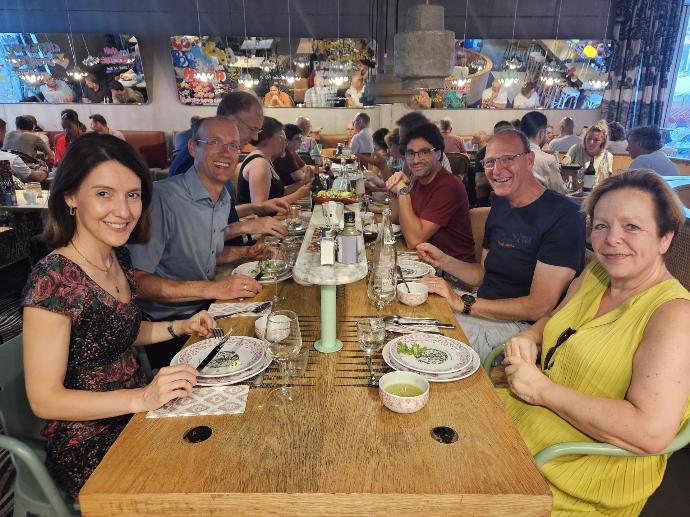
Strengthening relationships
Working together for over four years requires more than just professional cooperation—it needs genuine connection. During the three day meeting we made make time to meet in person, network, and engage in conversations that go beyond project details, strengthening the bonds that make our collaboration effective.
Field trip
We thank Pieter Rauwoens from our partner KU Leuven for organizing an inspiring field trip to the coast of Ostend. Pieter guided us through two fascinating experiments that showcase innovative approaches to coastal resilience.
Our first stop was the Raversijde research dyke, where a 20-metre by 20-metre test dyke has been constructed to study wave action and forces during storm conditions. This research, part of the Crest project (Climate Resilient Coast), aims to deepen our understanding of how extreme weather impacts coastal infrastructure—knowledge that's crucial for making our coastal defenses even more effective.
After a walk along the beach and a swim in the North Sea, we explored nature's own defense system: dunes. At a dedicated test site, KU Leuven's Coastal and Geotechnical Engineering research group (Bruges Campus) is studying the growth and behavior of man-made dunes. Through careful monitoring, researchers are investigating how marram grass stabilizes beaches, prevents erosion, and reduces the nuisance of wind-blown sand. It's a perfect example of working with nature to strengthen coastal protection.
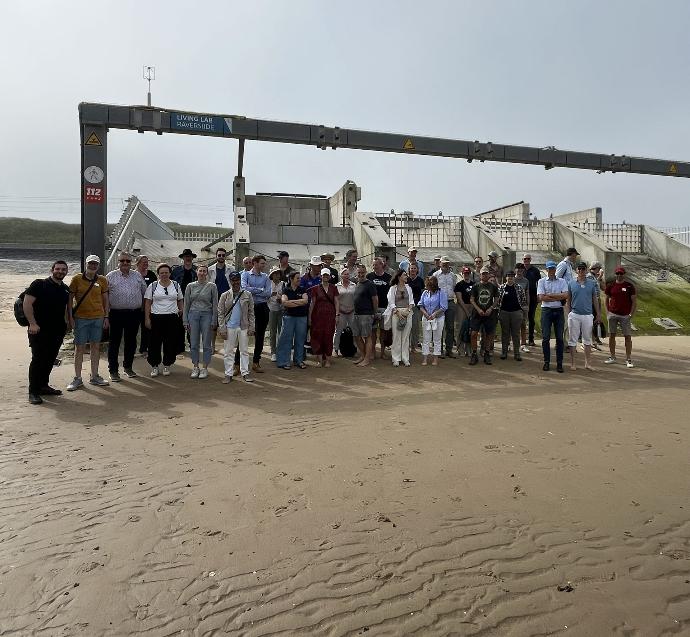
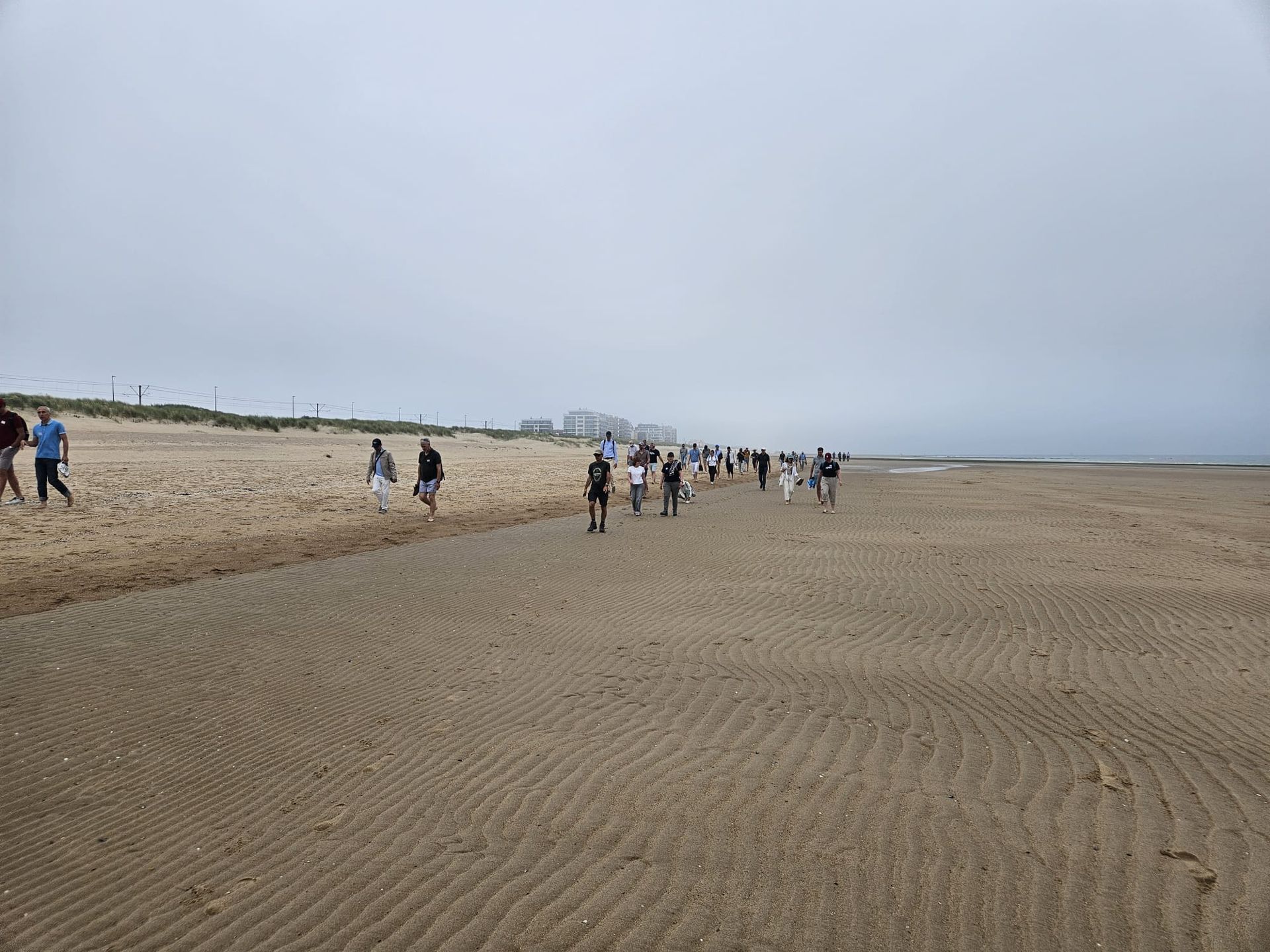
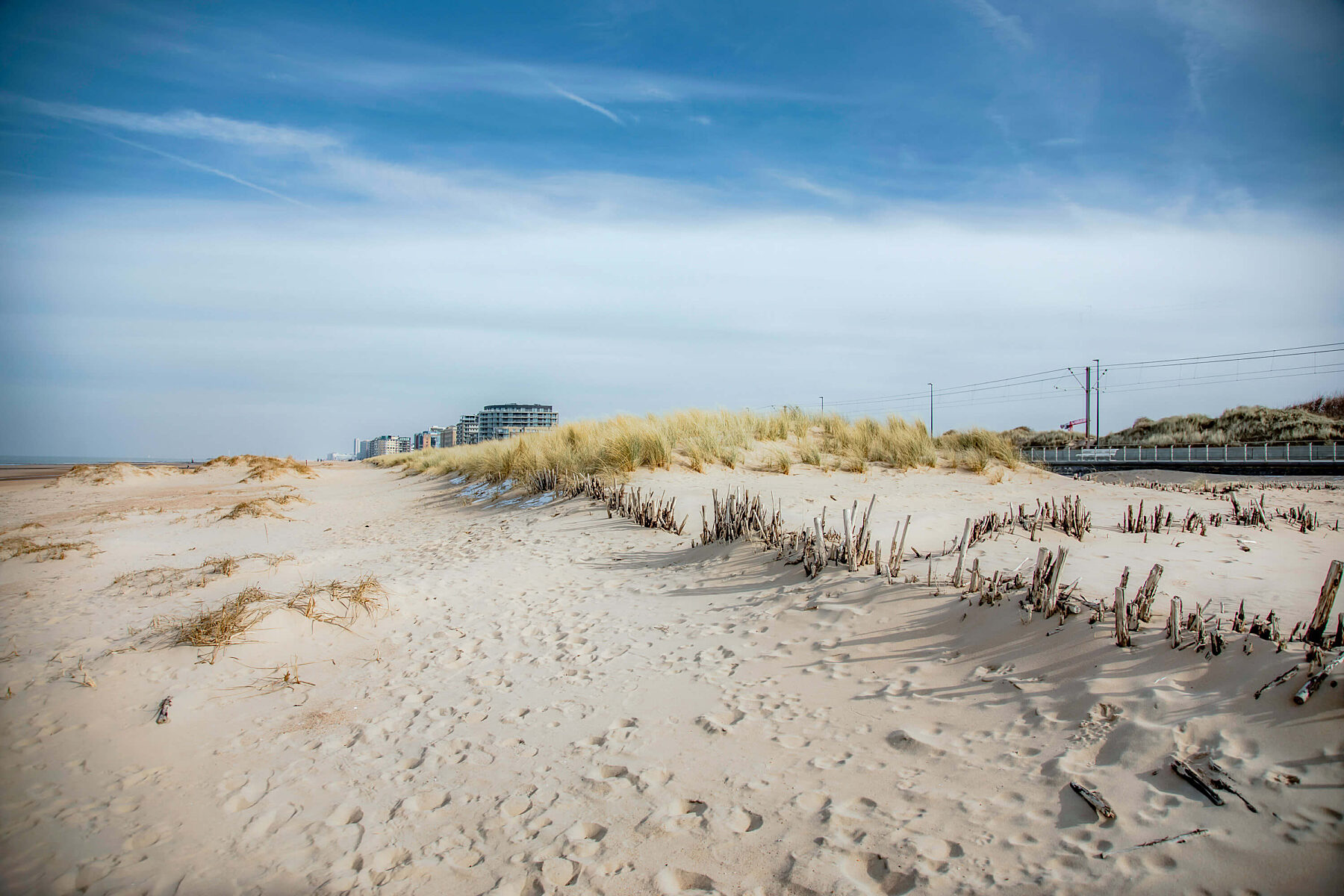
Stay tuned for more updates as the project unfolds!